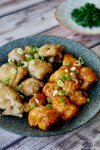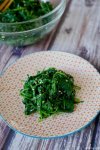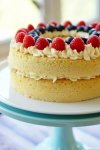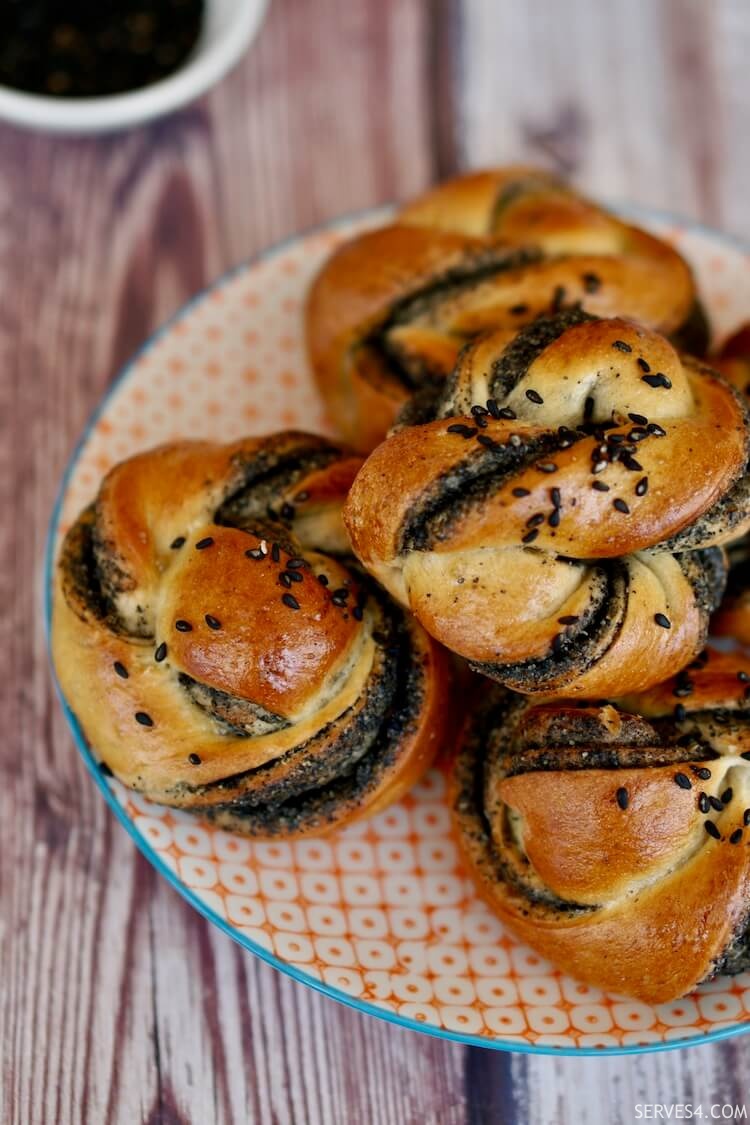- Serves 4
- Toddlers
Toddler Food
This page may contain affiliate links, which means we receive a small commission for purchases made using the links. There is no additional cost to you. Please read our full disclosure policy.
Congratulations on making it to your baby’s 1st birthday! ☺ Toddler food offers an exciting new dimension to feeding your little one. This is a huge milestone, not least because, in the world of food, your baby has now graduated into a toddler, even if he isn’t anywhere near toddling in real life.
In the 2nd year, babies grow much more slowly than in the 1st year, therefore they don’t need to consume as many calories. Some toddlers may even experience a decrease in appetite. However, toddler food should still be nutrient-rich to ensure little ones grow strong and healthy.
When cooking food for your toddler, continue to limit his salt intake by not adding it to his food. Don’t worry too much about it if you are eating out – although some restaurants may be willing to hold the salt – but do try to avoid added salt where you can help it. Many commercial preparations of toddler food are loaded with salt, so steer clear of these, as lower salt intake in childhood may help reduce the risk of high blood pressure in adulthood.
It’s also fine now to include a bit of sugar in your toddler’s diet, but this, too, should be limited. Naturally occurring sugars in fruits and vegetables are obviously healthy for your toddler. What you want to avoid is giving your toddler food containing too much refined sugar, such as candy, cookies and cake, as these are packed with calories but offer little in the way of nutrition.
From the age of 1, your toddler needs a minimum of 12 ounces (350ml) of milk, and no more than 21 ounces (600ml), per day. Again, this milk requirement is split between all his feeds and the milk used in cooking his food. You can now offer your toddler cow’s milk as a drink, but make sure it is full fat (whole milk), as he will need the calories to grow.
By now, your toddler should be taking most of his drinks from a beaker or sippy cup. Try to avoid using a bottle for daytime milk feeds, as it could lead to him drinking too much milk at the expense of eating his solid foods, which provide the majority of nutrients he requires.
If your toddler has mastered the art of finger feeding and self-feeding with a spoon, you can introduce him to a fork and encourage him to stab small chunks of food. Always be careful when your toddler has a fork in hand – they all seem to love waving them rapidly in front of their eyes! If he begins to show an interest in using a knife, as well, there are specially made toddler knives that you can use to help him cut up his food.
Many toddlers go through a period of wanting to imitate everything that Mummy and Daddy are doing, including what they are eating, so you should try to eat together as a family as much as possible. Toddler food is simply the same food that the rest of the family is eating but cut into smaller pieces to fit into smaller mouths. Make sure you set aside your toddler’s portion first before seasoning the dish. You’ll find that many of the recipes I have included in this site are suitable for the entire family to enjoy.
If your toddler is about to start nursery or other form of day care soon, you will obviously not be able to control everything he is eating when he is away from you. But if you can help it, try to ensure he continues to eat healthy snacks and that he is not eating or drinking too much between meals or too close to mealtimes. Filling up on snacks is a common reason why many toddlers refuse to eat their meals.
Offering your toddler the occasional cookie or piece of cake as a treat is absolutely fine, as long as he realises they are reserved for special occasions. Eating too many sweet things can curb your toddler’s appetite for food (not to mention, they also won’t keep him full), so don’t make it a habit to give him sweet treats between meals.
We all want our children to grow up healthy, but it’s worth noting that total restriction of sweets and cakes is not practical. As soon as your toddler starts school, he will be exposed to these, and if you have made them a forbidden fruit at home, it will only make him want to binge eat them at every opportunity!
What's on your mind?
Let us know any thoughts, comments or questions by getting in touch here.







